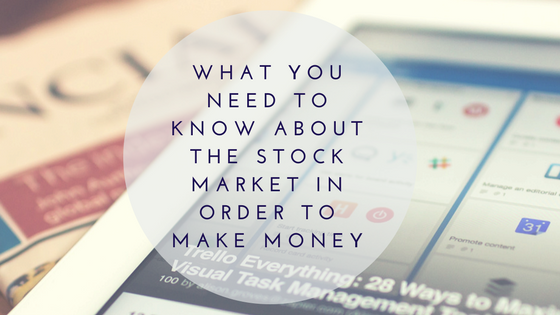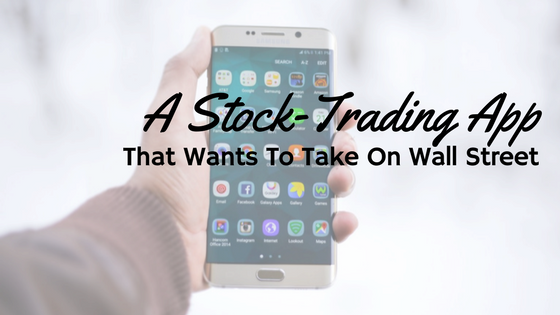In today’s digital age, managing personal finances has become more streamlined and efficient thanks to a variety of financial apps. These tools have made it easier for individuals to track spending, save money, invest, and much more.
Expense Tracking and Budgeting Applications
Spending apps are crucial in tracking spending and expense management. They include banking-account-linking, expense-category, spending-limit-setting, and financial-habit-insight among their features. These apps are made to aid users in setting their budget in accordance with their financial objectives and lifestyle.
Investment Apps
Investment apps have provided avenues to the stock market and enabled investors to buy and sell stocks, ETFs, and other securities without high commissions. Some apps also provide automated investing services, in which the app constructs and manages a diversified portfolio depending on the user’s risk tolerance and investment goals.
Savings and Goal-Setting Apps
By getting users to save money, the saving apps help them have a good start for their future goals. Some of these apps make saving more automated by rounding up the purchases to the nearest dollar and saving the remaining or by facilitating regular automatic transfers to your savings.
Debt Management and Credit Monitoring Apps
The core of financial health is managing and paying off debts. Debt-tracking apps guide users in managing their debts and organizing repayment schedules while monitoring their progress. While credit apps differ from credit-monitoring apps in that the former provides access to credit reports and scores, the latter offers users regular updates on their credit scores and reports, giving them insight into how their financial behaviors impact their credit.
Managing personal finances has always been challenging with the plethora of financial apps available. These apps not only provide the convenience of having financial information at your fingertips but also offer powerful tools for financial planning and decision-making. There is an app for everything, from managing your expenses and saving for the future to investing in the stock market or even building your credit score. Embracing these technologies can significantly enhance your financial well-being and lead you toward achieving your financial goals.





